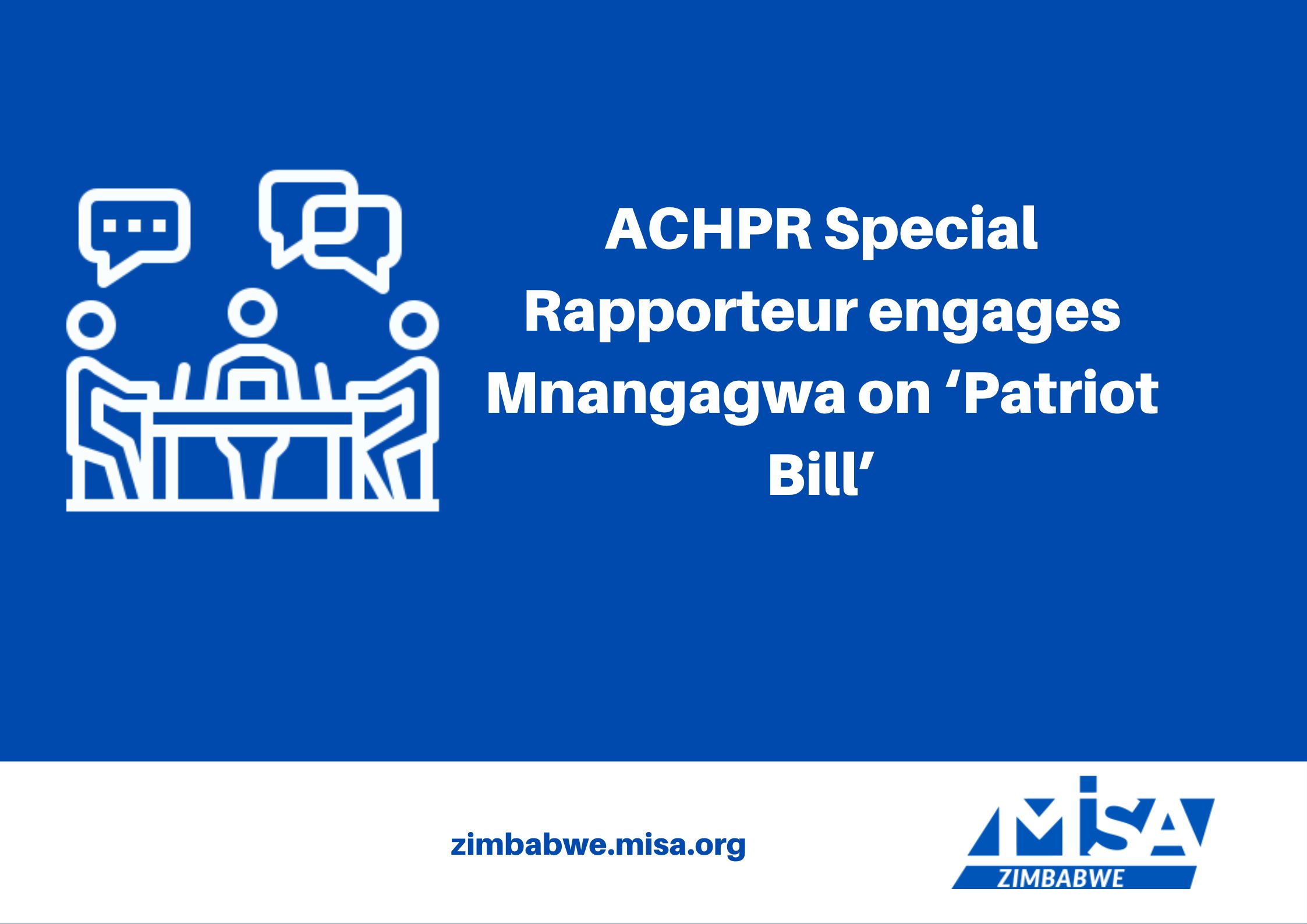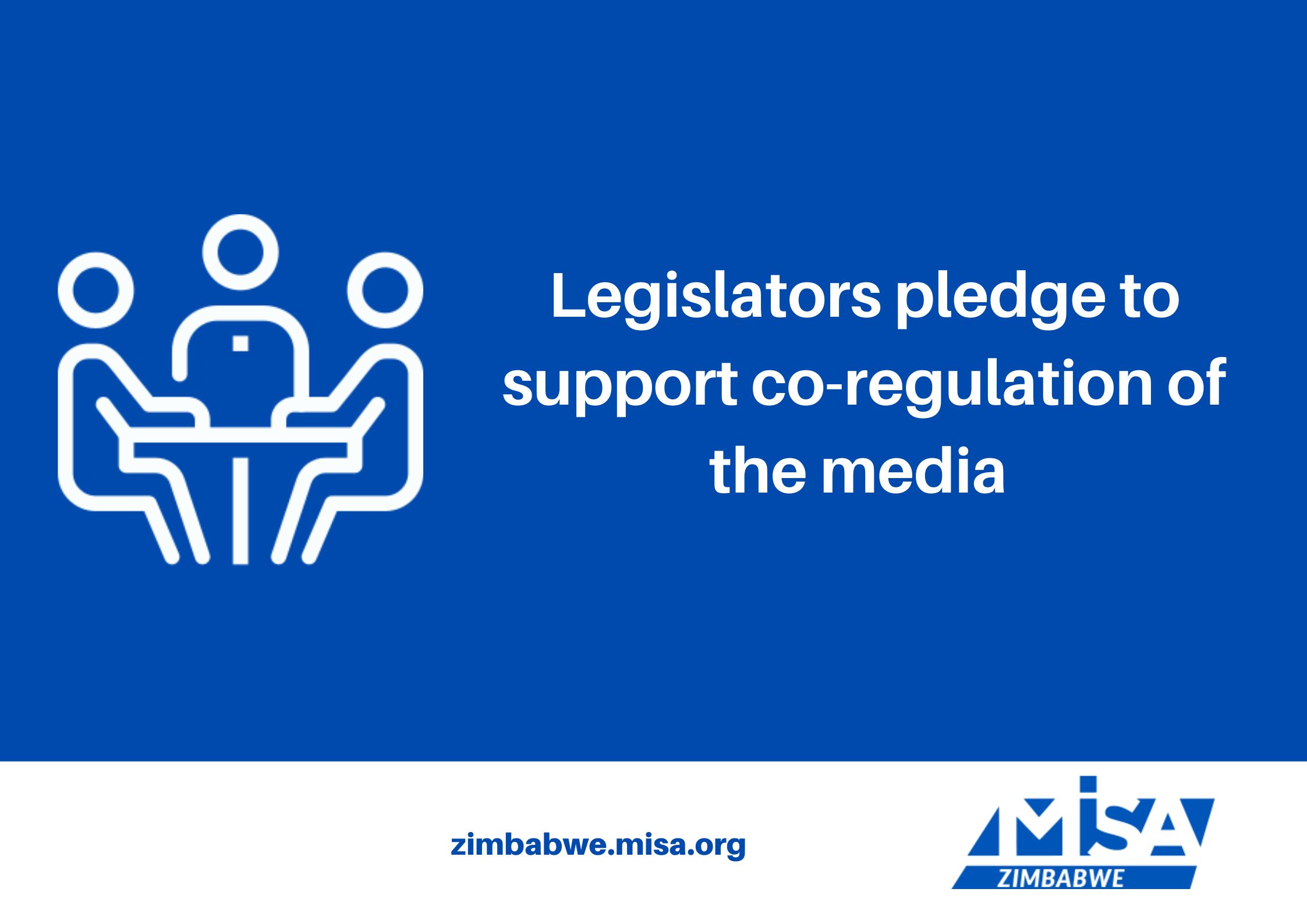Commissioner Ourveena Geereesha Topsy-Sonoo, the African Commission on Human and Peoples’ Rights Special Rapporteur on Freedom of Expression and Access to Information has written to President Emmerson Mnangagwa, advising him against signing the Criminal Law (Codification and Reform) Amendment Bill into law.
Commissioner Topsy-Sonoo warned that the Bill, popularly known as the Patriot Bill will have far-reaching consequences on freedom of expression and association in Zimbabwe if signed into law.
In a letter to President Mnangagwa last week, the Commissioner advised that the proposed law will have the effect of curtailing the exercise of rights such as media freedom and freedom of expression, the right to privacy, access to information, freedom of conscience, political rights, freedom to demonstrate and petition, and freedom of assembly and association.
The Patriot Bill, Commissioner Topsy-Sonoo said, will potentially cripple the work and mandate of non-governmental organisations.
This will affect the work of human rights-related organisations whose task is to observe and seek redress on human rights violations most of which are committed by state and non-state actors. This conflict between the government and human rights civil society will severely shrink, if not kill civic space, she said.
She warned that the Bill will severely infringe the right to privacy, as it has the potential of creating further avenues for surveillance, tracking of internet usage and accessing of private communication records.
On 31 May 2023, the National Assembly passed the Criminal Law (Codification and Reform) Amendment Bill, with the Senate subsequently following suit.
The Bill is now awaiting Presidential assent before it becomes law.
The Patriot Bill follows on the heels of the Private Voluntary Organisations Amendment Bill, which is also awaiting presidential assent before it comes into effect.
Both Bills have been criticised as having a chilling effect on freedom of assembly, the right to free expression and the right to privacy, among other rights.












